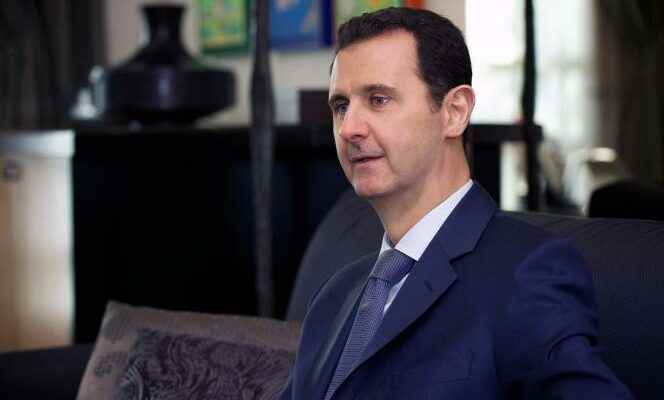Lhe Syrian Arab Republic was, in 1945, one of the six founding members of the Arab League, where it played an active role from the outset. This commitment was accentuated under the reign of Hafez Al-Assad who, from 1970 to 2000, posed as the leader of Arab nationalism, a fundamental dimension for the international legitimization of his absolutism.
His son Bashar, by inheriting the ” throne ” dictatorship of Syria, also posed as champion of a “united Arab nation, bearer of an eternal message”, as the official propaganda insisted. This means that the exclusion of Syria from the Arab League in 2011 dealt a severe blow to the Al-Assad regime’s discourse of self-celebration. It was indeed not “imperialism” where the “Zionism”vilified by the government media, which thus sanctioned the master of Damascus, but indeed his ” brothers “ Arabs. A sanction which, eleven years later, does not seem ready to be lifted.
Grievances still valid
Contrary to the cliché that would see only Westerners opposing Bashar Al-Assad for his brutal repression of the initially peaceful demonstrations in the spring of 2011, it was the Arab States that were the first to collectively mobilize to put an end to the bloodshed. . In October 2011, they force Al-Assad to commit to stopping the violence, releasing all detainees, withdrawing troops and artillery from Syrian cities, and ensuring the free movement of Arab League observers and international media.
The flagrant violation of such commitments led to the suspension of Syria by the Arab League the following month. In January 2012, the Arab States come out in favor of a peaceful transfer of power, Bashar Al-Assad handing over his authority to his vice-president, responsible for engaging in dialogue with the Syrian opposition in order to organize free elections. , overseen by a government of national unity.
It’s that “Arab peace plan” which, endorsed by the UN General Assembly in February 2012, constitutes the basis of the mediation entrusted to Kofi Annan, until the former UN Secretary General, faced with the extreme ‘Al-Assad throws in the towel next summer. The temporary suspension of 2011 becomes a lasting exclusion from the Arab League, even if several Arab states continue to have an ambassador in Damascus.
This is obviously the case of Lebanon, whose relations are too close to be severed in this way, against the backdrop of Hezbollah’s military involvement alongside the Al-Assad regime. The same reasoning applies to Iraq, whose dependence on Iran prevents it from boycotting the Islamic Republic’s strongest ally in the Arab world. As for Algeria, it continues to be seduced by the rhetoric “anti-imperialist” popular in Damascus.
You have 42.3% of this article left to read. The following is for subscribers only.
